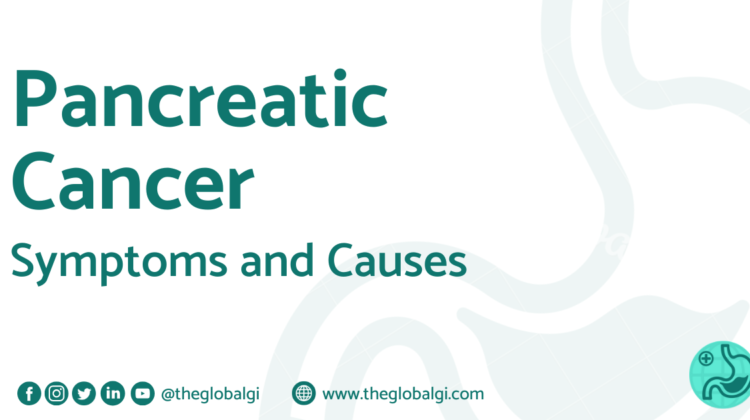
Pancreatic Cancer: Symptoms and Causes
When it comes to pancreatic cancer, knowledge is power. While this disease is one of the most challenging cancers we face today, understanding its signs and risks can make a real difference in catching it early and improving outcomes.
Pancreatic cancer has gained attention because it’s particularly tricky to detect and treat. Think of your pancreas as a hidden hero behind your stomach – it quietly helps digest food and control blood sugar. When cancer strikes this vital organ, it often goes unnoticed until it’s advanced, making it one of the most serious cancer diagnoses.
What Causes Pancreatic Cancer?
While we can’t point to a single cause, several factors can increase your risk:
Your Family History Matters
Just like you might inherit your grandmother’s eye color, you can inherit genes that increase your cancer risk. Scientists have identified several genes (including ones with names like KRAS and TP53) that can raise your chances of developing pancreatic cancer.
Lifestyle Choices That Make a Difference
Some risks are within your control. Smoking is a major risk factor – in fact, it’s one of the most preventable causes of pancreatic cancer. Other factors that can increase risk include:
- Carrying extra weight
- Having diabetes
- Poor dietary habits
Recognizing the Warning Signs
The challenge with pancreatic cancer is that early signs can be subtle and easy to dismiss. Here’s what to watch for:
Early Warning Signs
These might seem like everyday problems, but if they persist, talk to your doctor:
- Feeling unusually bloated
- Unexplained digestive issues (like diarrhea or constipation)
- Feeling tired more often than usual
- Recurring nausea or vomiting
Don’t Ignore These Later Signs
If you experience any of these symptoms, see your doctor promptly:
- Yellowing of your skin or eyes (jaundice)
- Unexplained weight loss
- Pain in your abdomen that might spread to your back
- Changes in your stools or urine color
Taking Action: What You Can Do
- Know your family history and share it with your doctor
- Make healthy lifestyle choices: quit smoking, maintain a healthy weight, and eat a balanced diet
- Pay attention to your body and don’t dismiss persistent symptoms
- Have regular check-ups with your healthcare provider
Remember: While these symptoms don’t automatically mean cancer, it’s always better to check with your doctor if you’re concerned. Early detection gives you the best chance for successful treatment.
Need Support?
If you or a loved one is dealing with pancreatic cancer, remember that you’re not alone. Join our support group; together, we can face this challenge and work toward better outcomes for everyone affected by pancreatic cancer.


